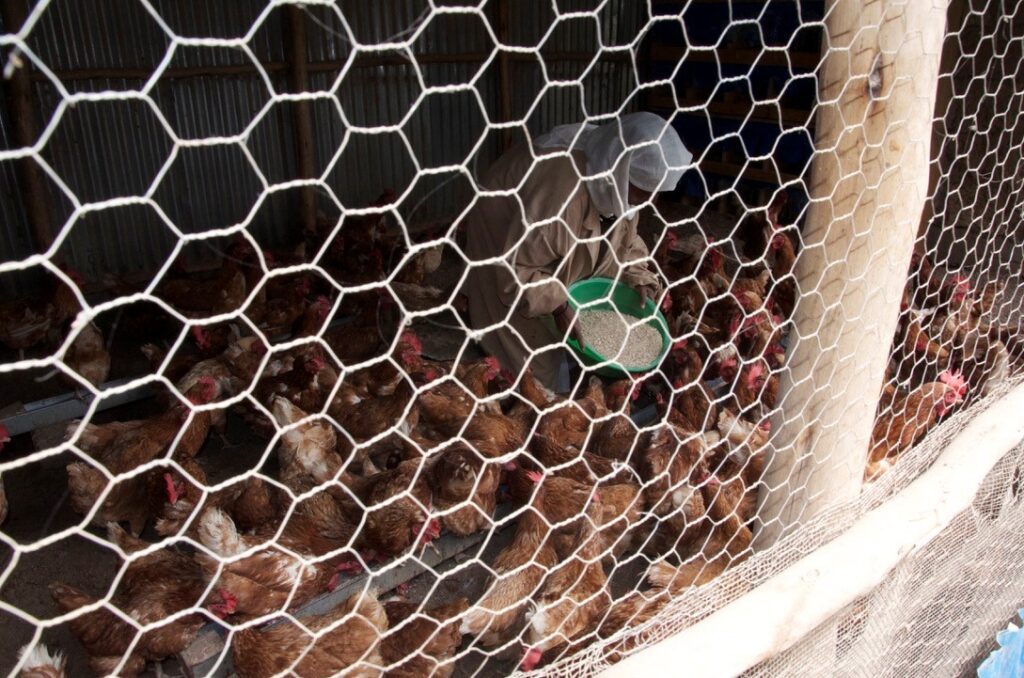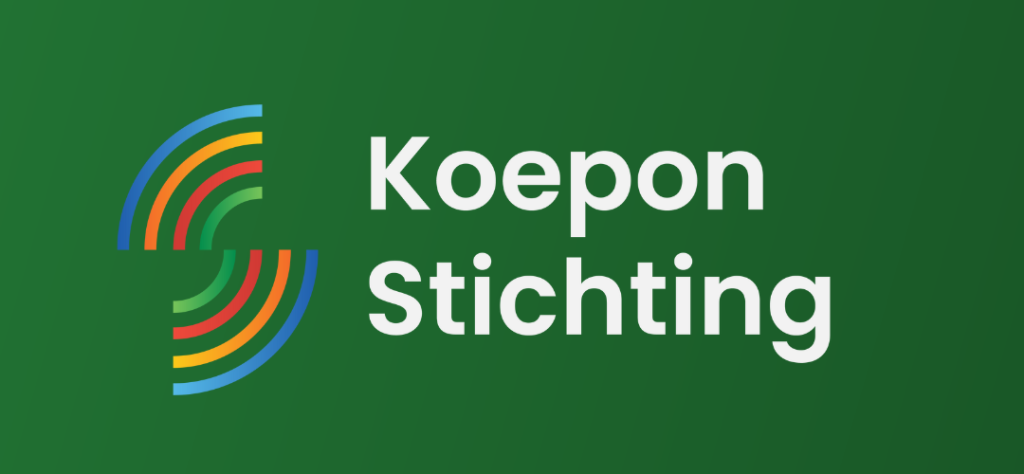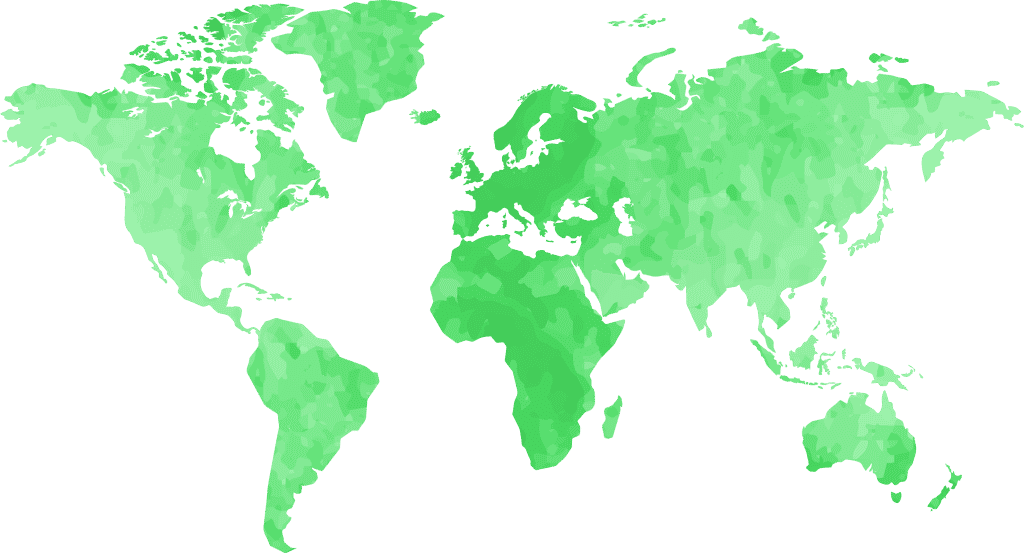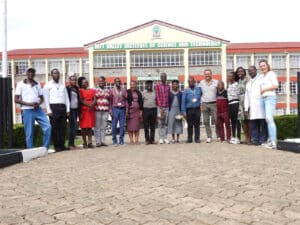Fasil is passionate about transforming the lives of smallholder livestock systems in tropical
countries through agricultural research and development programs. Funded by the Koepon
foundation, he has been developing a new environmental classification system that could be
used to understand how tropical livestock adapt to diverse and often extreme climatic
conditions, and how climate could affect these populations in the future.
Ethiopia is a highly diverse country with an incredible richness in ecosystems and climatic
conditions, ranging from alpine highlands to tropical rift valleys and arid desert lands. The
majority of farmers in this land are smallholders who keep a few cows or sheep, and
chickens. These chickens are survival experts. Scavenging on crop leftovers, exposed to
often harsh climatic conditions and predation from wildlife, they have persisted and evolved
ever since their ancestral migration from south-east Asia. Using information on their
distribution, and differences in appearance, growth and survival, Fasil was able to link these


differences to adaptations to altitude, rainfall patterns and ambient temperature profiles.
Building on this information, he classified the Ethiopian indigenous chicken populations in
three new ecotypes, each belonging to a specific set of environmental conditions.
In the second part of his research, he evaluated the performance of several highly
productive chicken breeds, introduced in smallholder farms across Ethiopia. Such
introductions often met with failure in the past, due to a lack of adaptation to the harsh
environments. Using his methodology for classifying environments, Fasil was able to show
that some breeds will perform more stable across a range of climatic conditions, than other
breeds. This information is extremely useful for countries that are considering tailored
introductions of more productive livestock breeds in their country.
You can access the thesis through this link:
https://www.globalacademicpress.com/ebooks/fasil_kebede/
This Koepon funded program was conducted in close collaboration with the International
Livestock research institute (ILRI) in Addis Ababa, Ethiopia, and the Bill & Melinda Gates
funded African Chicken Genetic Gains program (https://africacgg.net/).






